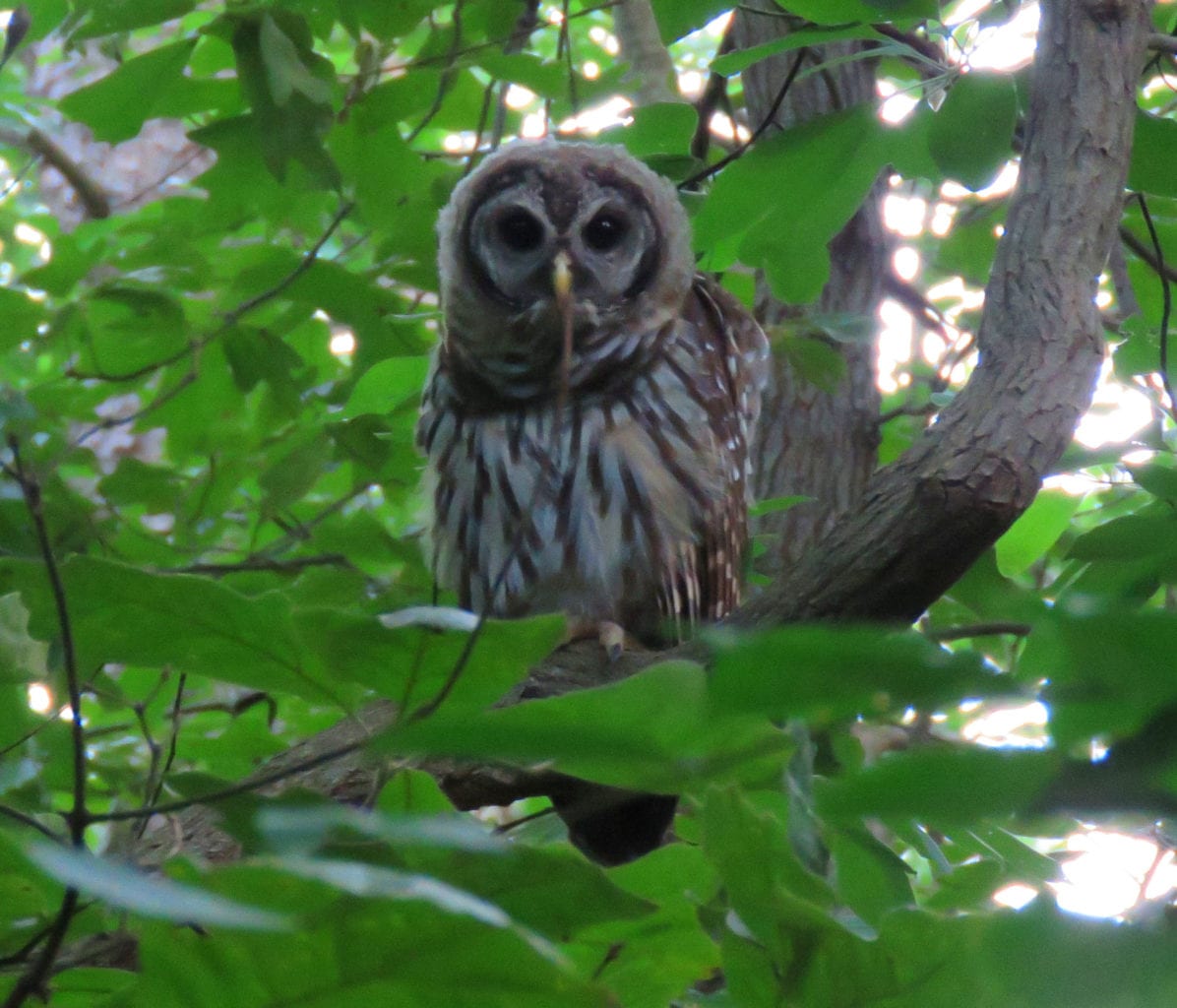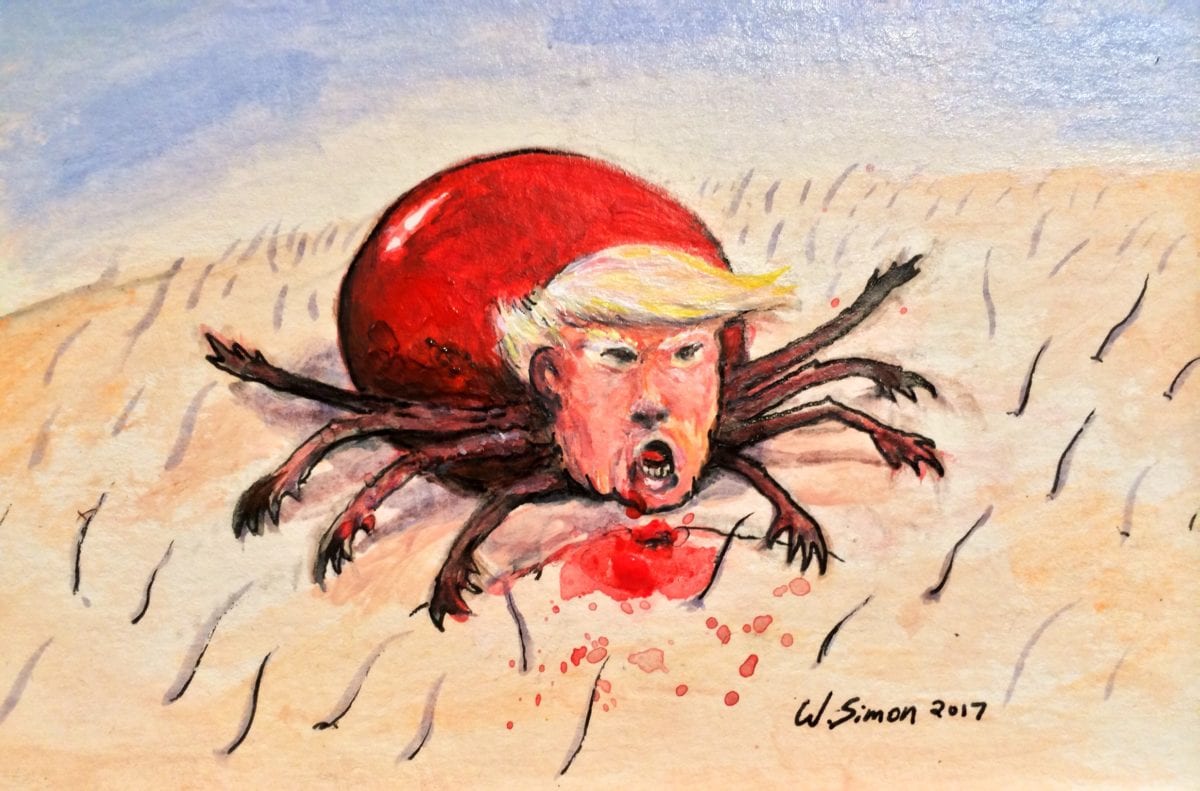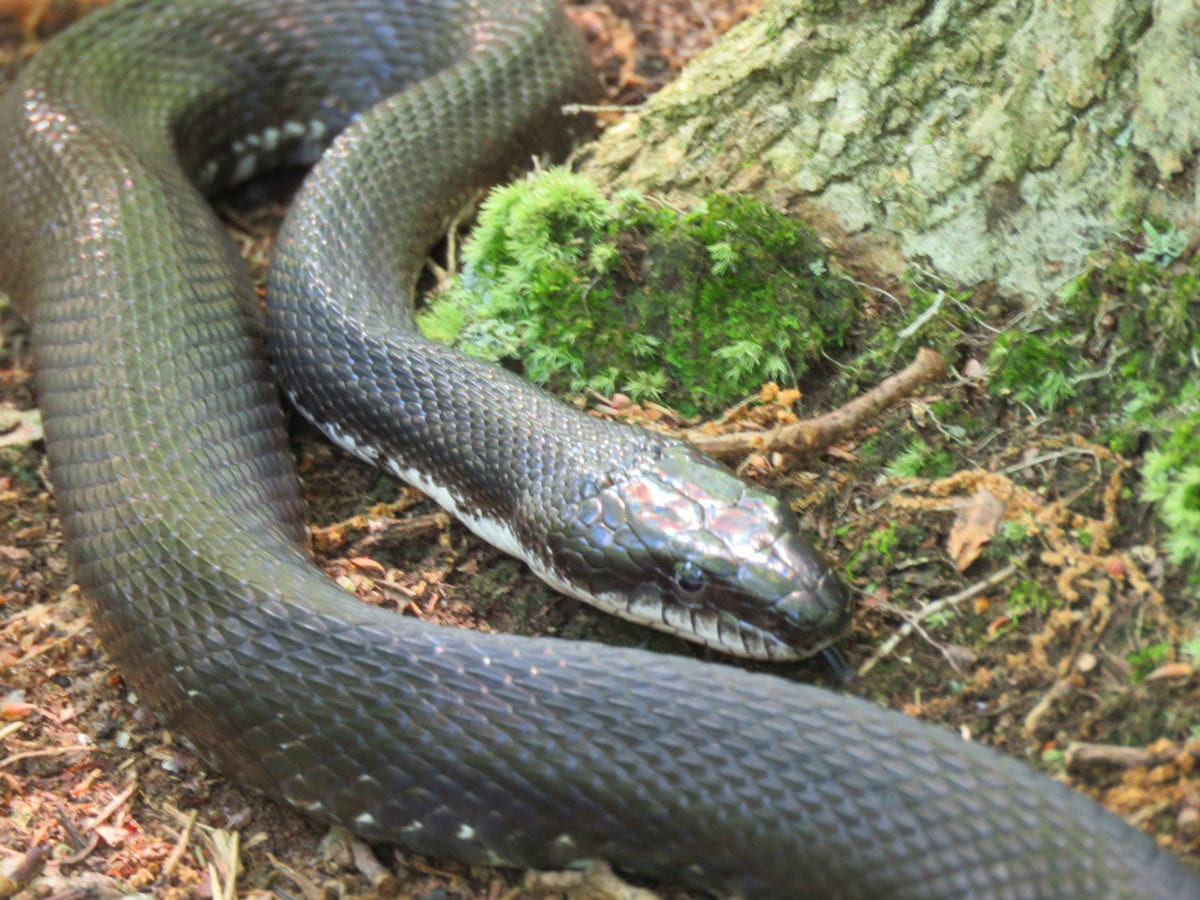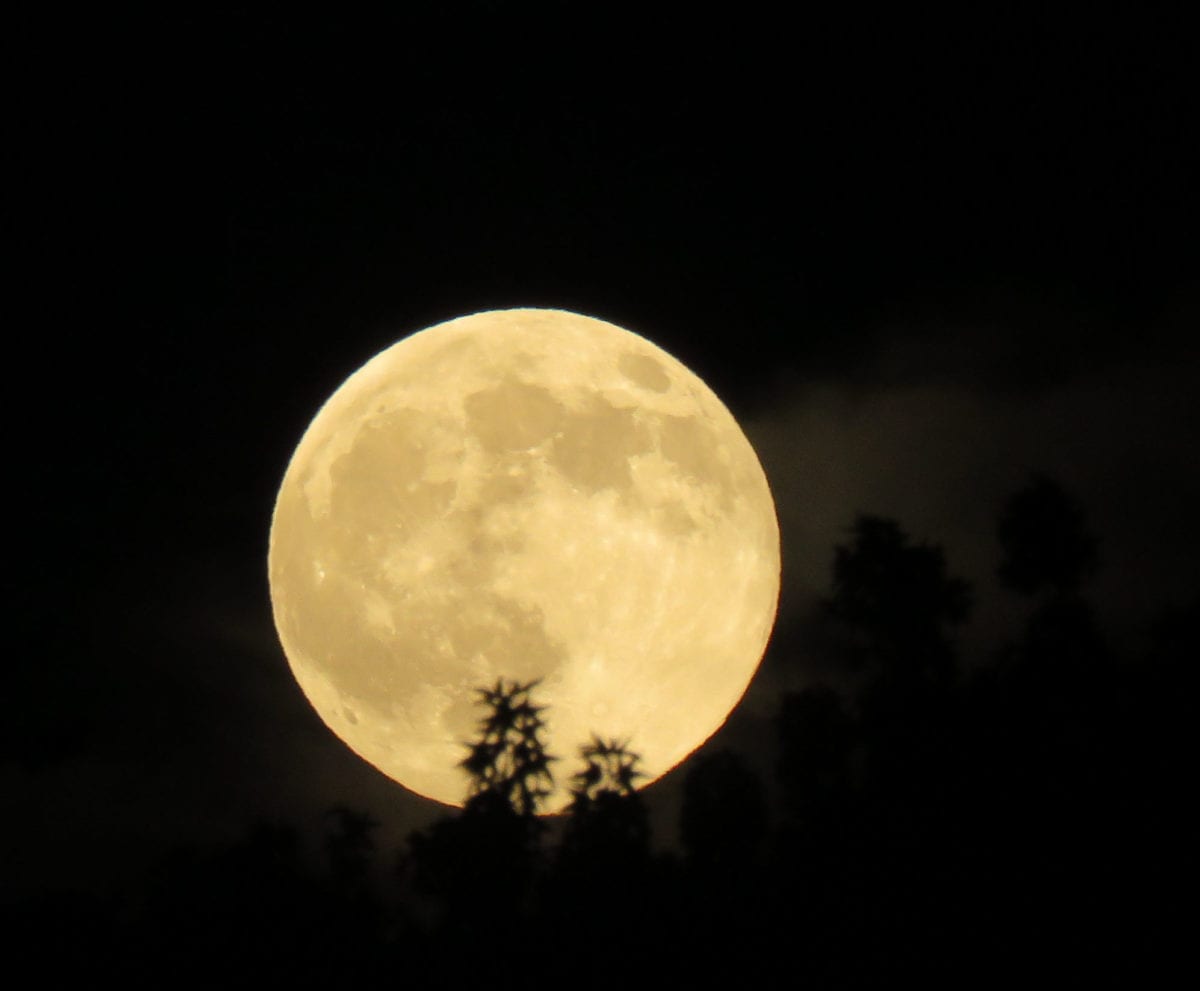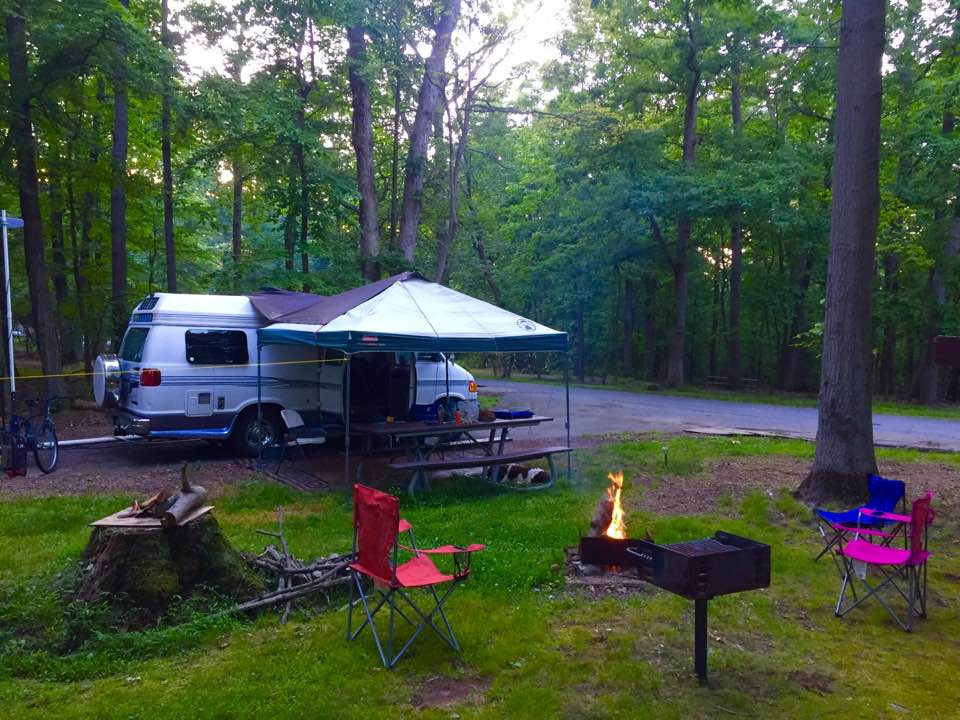“The necessaries of life for man in this climate may, accurately enough, be distributed under the several heads of Food, Shelter, Clothing, and Fuel; for not till we have secured these are we prepared to entertain the true problems of life with freedom and a prospect of success.”
– Henry David Thoreau, Walden
By Glynn Wilson –
WASHINGTON, D.C. — On the 200th anniversary of Henry David Thoreau’s birth, it’s time for an update from the woods on his essay detailing the economy and necessities of life in 19th century America and how they changed in the United States he loved. It’s imperative that this followup be just as critical in its analysis of the scene — and done with an equally unfettered tongue.
As Thoreau did, along with other American writers such as Norman Mailer, I will dispense with the New York editor’s propensity to demand an omission of the first person. This appears in the second paragraph of Thoreau’s introductory chapter in Walden, “Economy.”
“In most books, the I, or first person, is omitted; in this it will be retained; that, in respect to egotism, is the main difference. We commonly do not remember that it is, after all, always the first person that is speaking. I should not talk so much about myself if there were anybody else whom I knew as well.”
I mean who was Henry David Thoreau in his time to dispense with such expert Harvard advice? For doing it, they now consider him a god.
So who am I, now, and why should you consider hearing out my monologues on the subjects of life, science, nature, politics, government, the law and the economy?
For starters, I am dwelling in similar woods and contemplating the elements as deeply. In fact, I have now lived 15 years longer than Thoreau, in a much more modern and tumultuous time, and I have seen much more of the world. Thoreau lasted two weeks as a school teacher. I taught at the university level for a decade. He wrote for various journals in his time. But he never created three of his own or made any money or gained any fame from doing it while he was alive. He never made the front page of the Sunday New York Times (as I did).
As any fool can read on Wikipedia:
Thoreau’s political writings had little impact during his lifetime, as “his contemporaries did not see him as a theorist or as a radical, viewing him instead as a naturalist. They either dismissed or ignored his political essays, including Civil Disobedience. The only two complete books (as opposed to essays) published in his lifetime, Walden and A Week on the Concord and Merrimack Rivers (1849), both dealt with nature, in which he loved to wander.” His obituary was lumped in with others rather than as a separate article in an 1862 yearbook. Nevertheless, Thoreau’s writings went on to influence many public figures. Political leaders and reformers like Mohandas Gandhi, U.S. President John F. Kennedy, American civil rights activist Martin Luther King, Jr., U.S. Supreme Court Justice William O. Douglas, and Russian author Leo Tolstoy all spoke of being strongly affected by Thoreau’s work, particularly Civil Disobedience.
Living where he did his whole life, in Massachusetts, Thoreau began his treatise on the necessities of life by talking about the need to keep warm.
“The grand necessity, then, for our bodies, is to keep warm, to keep the vital heat in us.”
Indeed there are still people in cities across the world who huddle in the cold every winter without proper shelter, clothing, heat or food, in spite of the vast resources of wealth being hoarded by the very rich and massive corporations in our time. In a world where climate change due to global warming from the burning of fossil fuels is exacerbating the experience of heat as well as cold, let us consider air conditioning in the summer a necessity the people of Thoreau’s time never had the opportunity to consider. Those with resources built houses with high ceilings and big windows so the heat would rise away from them and escape and allow cooler air in. Thoreau left cracks in the walls of his cabin although it did have a fireplace.
Thoreau spent a good deal of time and ink contemplating the right size for an adequate dwelling, and settled for himself on a 10 by 15 foot cabin, criticizing anyone who thought it “necessary” to go for more opulent quarters. I will not criticize anyone for the dwelling they choose. That is their choice and they have to live with the consequences. But since dispensing with most of my own worldly possessions four years ago and deeming to live simply, thereby stomping a less imposing carbon footprint upon a fragile planet, I have chosen a 19-foot long camper van.
Like Thoreau’s little cabin, it is all the space I need — that is if you count the 10 by 10 Coleman canopy set up just outside my side doors, which functions as a living room and sometimes a dining room. It has a heavy duty National Park Service picnic table with an oil lamp for light and two comfortable camp chairs. It also has an outdoor rug treated with permethrin to keep away the ticks. The spiders seem to like the corners for their webs, but let them have their bugs, including the gnats and the few mosquitoes that show up around here.
On Friday, a group of yellow jackets decided to try making a nest and starting a colony under the passenger side door step. Thoreau makes no detailed mention of such vicious creatures, although he acknowledges the usefulness of bees in the pollination of plants. While the honey bee has been on the decline in recent decades due to the overuse of chemicals, the yellow jacket does not appear to have suffered a similar fate, at least not here in the woods protected in the boundaries of a national park. I apologize to Mother Nature for getting rid of the bees. But I could not have them nesting in the wall of our home. My dog’s life was at stake, as well as my peace of mind.
Thoreau spent much time and space discussing the deep human drive to be and even live outside.
“We know not what it is to live in the open air, and our lives are domestic in more senses than we think.”
“The mass of men lead lives of quiet desperation,” he said. Along with a writer who would come along later, John Muir, he pointed out the need to seek out nature to balance the stresses of modern, industrialized life.
But even Thoreau was guilty of building a fixed dwelling, while criticizing the rest of humanity for not living like the Native Americans by choosing movable homes, as I have done.
“And when the farmer has got his house, he may not be the richer but the poorer for it, and it be the house that has got him. As I understand it, that was a valid objection urged by Momus against the house which Minerva made, that she “had not made it movable, by which means a bad neighborhood might be avoided”; …”
Who am I? I am perfecting Thoreau’s ideas on my own terms, and publishing the results for all the world to see, editor or no editor, whether I destroy any trees to publish my thoughts with ink on paper — or not. If someone wants to pay real money to publish any of it I’m all for it. But I’ll be damned if I will go to a lot of trouble to try to make that happen — or fret over it if it doesn’t.
I submit there is no better house or vehicle than a Roadtrek camper van, and no better place to think and write than a national park. I spent many years researching and experimenting with other options. Some of the Lakota Sioux still put up their teepees on the high plains, but it’s mostly a ceremonial move. You may prefer to pull a trailer behind your pickup truck, or drive a Winnebago. As one of America’s most ardent defenders of individual liberty, I believe if Thoreau had lived longer and traveled more and could see what I can see today he would agree.
Thoreau had a few implements with him, “a knife, an axe, a spade” along with a “lamplight, stationery, and access to a few books.” These, he said, “rank next to necessaries, and can all be obtained at a trifling cost.”
I have heat, when stationary or moving from place to place. I also have air conditioning when moving or camped for the night. My dog Jefferson and I may suffer a touch of cold in the winter or heat in the summer when moving in and out, but it is not such a burden that it totally distracts the mind. It does not take that much capital to live, but it does take time, as does any life worthy of holding it together for another day. Pity the poor man or woman stuck in crowded city housing (or camped outside on their doorsteps) with no job prospects or reliable family or educational support. At least there is still a thread of healthcare and food assistance, although it is minimal and could be obliterated any minute by the monsters in Congress at the behest of an ego-maniacal President hell-bent on some kind of destruction. No one seems to know exactly what he’s up to. Even he doesn’t seem to know.
Thoreau also said, “It is never too late to give up our prejudices.” I wish it were so, but data tells us otherwise. The bigots will just have to die off from heart attacks and cancer for the progressives to fully ascend to power here in the so-called “land of the free.”
While you could do what I am doing in a Subaru with a tent, I guess, the van is clearly essential shelter for me. I’ve been a seasonal van camper for many years. Living this way does require several kinds of fuel, including gasoline for the main engine and propane for the stove, heater and refrigerator when moving down the road. It costs about $25 or less a tank, and typically lasts about a month. Thanks in part to Trump’s predecessor in the White House, gasoline is pretty cheap. I also have an axe, plus 91 channels of broadcast HDTV, a cell phone and access to the Internet. Ha! The archives of the world at my fingertips. This requires no long walks to town to the library, although hiking the trails here are a good substitute, and no worrying about returning books on a timetable.
The major modification I made to the van was building a mobile media desk on the wall inside the two side doors. Under the desk is a Mac Mini, and on the first level, a 27-inch LG monitor. Up top sits a 32-inch HD TV.
Hey, it works. For me. That’s what matters.
Thoreau also contemplated the need for a comfortable bed.
“What pains we accordingly take, not only with our Food, and Clothing, and Shelter, but with our beds, which are our night-clothes, robbing the nests and breasts of birds to prepare this shelter within a shelter, as the mole has its bed of grass and leaves at the end of its burrow!”
I love the last reference to the mole, since my D.C. campsite has what appears to be a veritable labor of moles. I suspect they are living under the large oak stump, making their trails just under the earth out from there. Rest assured I enjoy a comfortable bed, a brilliant combination of a futon mattress atop an old sleeper sofa pad on a wood frame that was designed to accommodate a couch and table for six and an uncomfortable bed. As with any well thought out project, modifications are required.
There is a galley kitchen with stove, sink, coffee pot, toaster, refrigerator and a water pump under the cabinet, when you need the 40 gallon water tank. Here I am hooked up to Baltimore water, sewer and power. So don’t feel too sorry for me. It is 10 miles northeast of the Capitol and the White House.
“Most of the luxuries, and many of the so-called comforts of life, are not only not indispensable, but positive hindrances to the elevation of mankind. With respect to luxuries and comforts, the wisest have ever lived a more simple and meagre life than the poor. The ancient philosophers, Chinese, Hindoo, Persian, and Greek, were a class than which none has been poorer in outward riches, none so rich in inward. We know not much about them. It is remarkable that we know so much of them as we do. The same is true of the more modern reformers and benefactors of their race. None can be an impartial or wise observer of human life but from the vantage ground of what we should call voluntary poverty. Of a life of luxury the fruit is luxury, whether in agriculture, or commerce, or literature, or art. ”
If the story is to be believed, Jesus had similar thoughts, now mostly ignored by his followers like the Jews in the epic movie “The Ten Commandments,” who sinned at will on the banks of the Red Sea after being saved by Moses.
Thoreau poked fun at the wealthy in Concord and elsewhere.
“I also have in my mind that seemingly wealthy, but most terribly impoverished class of all, who have accumulated dross, but know not how to use it, or get rid of it, and thus have forged their own golden or silver fetters.”
A fetter, of course, being a chain, as in the rich live tied up with their own shackles. They could free themselves by giving their money to worthy causes, like helping to keep the press alive in America. There are more journalists out of work than coal miners, only the politicians in power in Washington seem to be fine with that. More power for them, I guess, and all they need is Twitter.
Wrong. We are not a total idocracy, at least not yet. Trump and his run amok corporate capitalism are only supported by less than 39 percent of the American people. The problem is, half the people don’t bother to vote.
Thoreau was even critical of the academics of his day.
“There are nowadays professors of philosophy, but not philosophers. Yet it is admirable to profess because it was once admirable to live. To be a philosopher is not merely to have subtle thoughts, nor even to found a school, but so to love wisdom as to live according to its dictates, a life of simplicity, independence, magnanimity, and trust.”
Add Thomas Jefferson’s “pursuit of happiness” and you get the picture. That is what I am after, here. I am not shouting a new religion from the rooftops. The problem for Thoreau, and old men like me, is that no matter how hard we try, we are not totally accepted and fully funded from where we come, almost requiring travel in this age of mass mobility. He just moved outside of town by a small lake.
His quest, as well as mine, was not undertaken without the expectation of recompense.
“Finding that my fellow-citizens were not likely to offer me any room in the court house, or any curacy or living anywhere else, but I must shift for myself, I turned my face more exclusively than ever to the woods, where I was better known. I determined to go into business at once, and not wait to acquire the usual capital, using such slender means as I had already got. My purpose in going to Walden Pond was not to live cheaply nor to live dearly there, but to transact some private business with the fewest obstacles”
This forms the basis for some laissez-faire philosophers to adopt Thoreau as their champion, joining them in political bed with the liberal hippies of Greenbelt and Takoma Park, Maryland, just upstream from the D.C. swamp Trump said he wanted to drain.
Excuse me while I jump to the present tense. A little old lady with long grey hair just pulled through in her Subaru with solar panels on top. She has no need of even a tent. She simply sleeps in the drivers seat. The rest of the car is packed with her meager possessions.
A black Native American was here this week with no car and only a small tent. I spent a morning talking with him and hearing how his ancestors are buried here, in the mound just east of my campsite. After Friday’s rain storms, which cooled things off considerably, he appears to be gone. Maybe he will pop back up. Maybe not. People come and go in these woods.
As Thoreau tells the story:
A strolling Indian went to sell baskets at the house of a well-known lawyer in my neighborhood. “Do you wish to buy any baskets?” he asked. “No, we do not want any,” was the reply. “What!” exclaimed the Indian as he went out the gate, “do you mean to starve us?” Having seen his industrious white neighbors so well off that the lawyer had only to weave arguments, and, by some magic, wealth and standing followed he had said to himself: I will go into business; I will weave baskets; it is a thing which I can do. Thinking that when he had made the baskets he would have done his part, and then it would be the white man’s to buy them. He had not discovered that it was necessary for him to make it worth the other’s while to buy them, or at least make him think that it was so, or to make something else which it would be worth his while to buy. I too had woven a kind of basket of a delicate texture, but I had not made it worth any one’s while to buy them. Yet not the less, in my case, did I think it worth my while to weave them, and instead of studying how to make it worth men’s while to buy my baskets, I studied rather how to avoid the necessity of selling them. The life which men praise and regard as successful is but one kind. Why should we exaggerate any one kind at the expense of the others?
Thoreau had his failed ambitions like the rest of us, and he had his visitors.
I got to know a man from Washington State who was here for nine days, on his journey to see as many of the National League baseball stadiums in the country as possible, and most of the ones in the American League. He drove a new silver Chevy Camaro pulling a home crafted trailer shaped like an old wagon with a map of the U.S. on the side covered in stickers from all the places he had been.
Thoreau quotes Confucius, from one of those books he had access to, who said, “To know that we know what we know, and that we do not know what we do not know, that is true knowledge.”
True enough. But for Thoreau, and for me, there is more to it than that.
“To anticipate, not the sunrise and the dawn merely, but, if possible, Nature herself!”
On this leg of our long-term trip I have photographed a red-tailed hawk, a barred owl, an indigo black snake, various lizards and bugs, and a number of campfire scenes. Was the camera even invented in Thoreau’s day? There was the daguerreotype, publicly unveiled in 1839.
I wonder if Thoreau ever saw a photograph? He speaks of art and painting, but not that much.
He did describe plant and animal species and took measurements of Walden Pond, like its depth, still used by NASA scientists today as a benchmark in climate change research. There is little need for this type of amateur science today, since NASA is right down the road. Although now under the Trump administration, they are not publishing climate change data on the executive branch agency website. There are many other sources online, however, including the American Association for the Advancement of Science, also in the neighborhood. I plan to visit one day soon, although their PR people in New York are kind of weird in email.
Thoreau also criticized the religious.
“Our manners have been corrupted by communication with the saints.”
Our First Amendment protects their beliefs, as uneducated and destructive of the democratic mission as they sometimes are. But you know belief. They don’t believe it protects them, so they play the victim, even on the steps of the Lincoln Memorial in the name of protecting the privileged race.
In talking about food, Thoreau writes about how he got by on locally grown fruits and vegetables, an early defender of vegetarianism.
I get by with bananas or yogurt in the morning, a turkey sandwich for lunch, and often jambalaya for dinner. I learned how to cook it with the key ingredient of V8 in New Orleans. Sometimes we hold a cookout for homeless activists and grill burgers or hot dogs with plenty of American mustard and ketchup, along with baked beans and sometimes grilled potatoes. At the moment I am finishing off a fruitcup from Whole Foods on Baltimore Avenue, although I have vowed to shop more at the Greenbelt Co-op in a town founded with the help of Eleanor Roosevelt.
I don’t know if the so-called American Dream is alive or dead. I guess it depends on the day and where you are and how you approach life. I say dog help us all and protect us from this blood sucking parasite of a president, hell bent on dismantling the federal government. I will have more to say about Thoreau and other things in the days ahead.
Greenbelt Wildlife
Thunder Moon
Campsite Photos
—
Feel free to help our cause to continue this journey if you can afford it. If not, please help by sharing the links. I can’t save the world all by myself.
Support An Alternative Independent Web Press by Sponsoring Us
Support the Web Press with a PayPal Donation
Buy my book: Jump On The Bus.
Buy a T-shirt or coffee mug.


